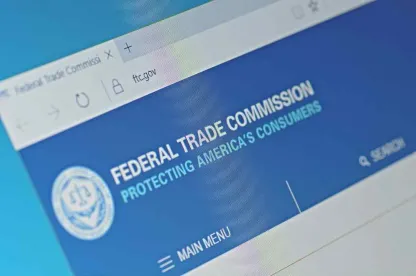Several retailers recently settled cases with the FTC over allegations they deceptively marketed “bamboo” textiles. These cases come as some of the first, if not the first, instances of the FTC using its revived civil penalty authority to punish initial offenses by retailers.
According to the FTC’s complaints, the retailers advertised numerous textile products as made of bamboo when in fact they may have originated from bamboo but had been manufactured and processed into rayon. The retailers are alleged to have failed to identify these products as made of rayon in violation of the Textile Act.
The companies also were alleged to have misleadingly advertising their bamboo products as eco-friendly, when, per the FTC, the rayon manufacturing process “involves the use of hazardous chemicals,” and leads to the release of “hazardous air pollutants.”
If we stopped there, these cases would be similar to the FTC’s bamboo cases from nearly a decade ago. The really interesting part of these cases, however, is the $5.5 million combined settlement. As we wrote about last October, over the past six months, the FTC has sought to resurrect its civil penalty authority—last used in the 1980s—allowing the agency to seek civil penalties for a first violation of the FTC Act where the FTC has already issued a written decision that certain conduct is unfair or deceptive, and the particular company knew the conduct was unfair or deceptive. And in these cases, the basis for the FTC’s authority is a 2010 warning letter sent to 78 retailers about this exact conduct, instructing the retailers to “stop labeling and advertising rayon textile products as bamboo.”
These cases, then, signal that the FTC is willing to use prior correspondence and decisions—likely made before the return of civil penalty authority was even contemplated—as the basis for establishing an entity’s knowledge of the wrongfulness of certain conduct, allowing the FTC to seek civil penalties for a first offense. As a result, retailers should review past interactions with the FTC, and proceed with the understanding that future, similar violations could lead to a seven-figure fine.





 />i
/>i

